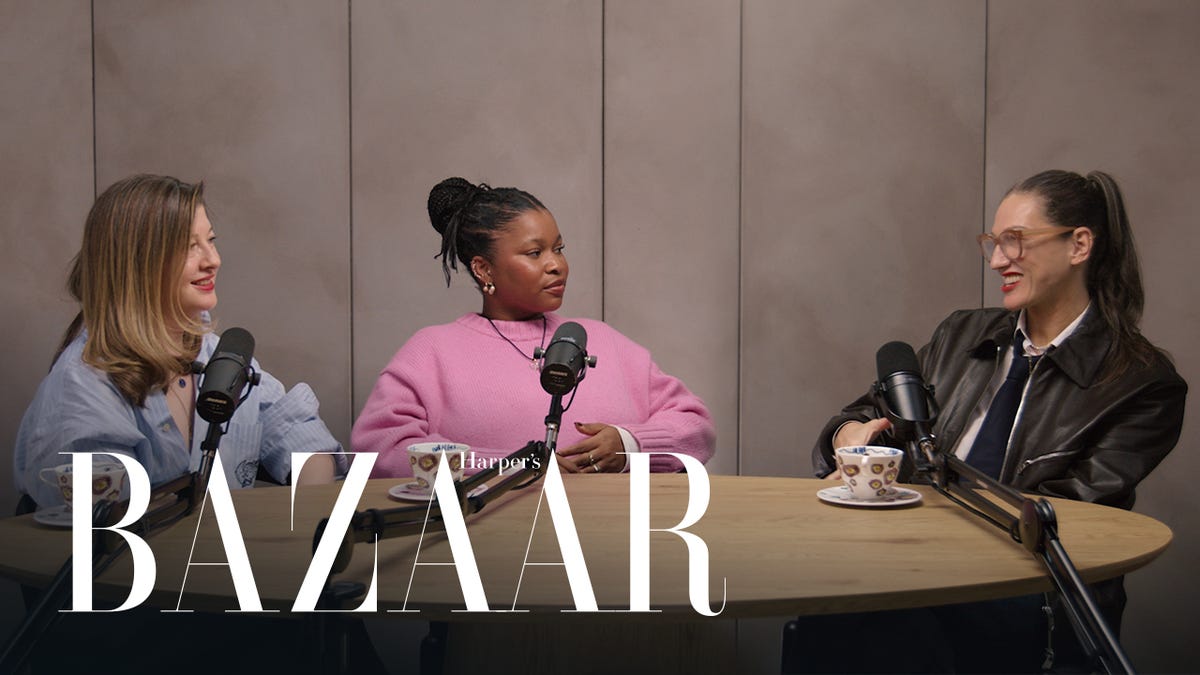Roberta Flack, the renowned singer and pianist whose timeless hits like “Killing Me Softly With His Song” and “The First Time Ever I Saw Your Face” captivated generations of listeners, passed away on Monday in Manhattan, The New York Times confirms. She was 88.
According to Suzanne Koga, Flack’s manager and friend, the artist died of cardiac arrest on her way to a hospital. In 2022, following a stroke in 2016, Flack revealed that she’d been diagnosed with amyotrophic lateral sclerosis (ALS).
One of the most popular and pioneering artists of the 70s, Flack made waves for her genre-blending sound, which incorporated elements of soul, jazz, folk, rock, and gospel and challenged racialized conventions around popular music. Her eclectic, wide-ranging repertoire earned her mainstream success, but Flack never shied away from exploring themes like civil rights, racism, and sexism in her music. A passionate advocate for gay rights from the early days of her career, Flack was as much a musical innovator as she was a progressive activist, introducing Black nationalism to mainstream audiences.
"My music is inspired thought by thought, and feeling by feeling," she shared with NPR in a 2020 interview. "Not note by note. I tell my own story in each song as honestly as I can in the hope that each person can hear it and feel their own story within those feelings."
Born on February 10, 1937, in Black Mountain, North Carolina, Flack was the second oldest of five siblings. After moving to Richmond, Virginia, the family landed in Arlington, a segregated suburb of Washington. There, she began playing piano for the choir at A.M.E. Zion Church, where her mother, a music teacher, played the organ.
A prodigious talent from a young age, Flack won second place in a statewide music competition for Black students when she was 13, and, two years later, at the age of 15, won a full-ride scholarship to Howard University. Despite her dreams of becoming a performer, Flack decided to pursue a master’s degree in music education after obtaining her undergraduate degree, having been advised by a professor that the opportunities for Black women in classical orchestras were rare.
After the death of her father, Flack dropped out of school and moved back to North Carolina, where she taught English and music at a segregated grade school. “All my life I'd been used to praise for my musical ability,” she told The New York Times in an interview in 1970, “but that didn't mean much down there. I had to work like hell, from seven in the morning till seven at night. I crammed so much music down their throats, you wouldn't believe it. I wanted to give them so much. They'd never sung four‐part harmony before. Or heard of Bach chorales. And the kids loved it. They'd come to a rehearsal even after picking tobacco all day, when they couldn't even come to school.”
A year later, Flack moved back to Washington to teach at junior high schools in the area while also performing at local venues both as a pianist for other vocalists and the lead vocalist herself. Soon, she began scoring headlining gigs at venues like 1520 Club and Mr. Henry’s, the latter of which was a racially diverse spot known for welcoming queer patrons. Her talent soon drew attention from music stars like Johnny Mathis and Liberace, who would drop by to see her perform, sometimes joining her on stage.
In 1968, jazz pianist and vocalist Les McCann arranged for Flack to meet with representatives from Atlantic Records. She played more than 40 songs from her repertoire for them and was signed on the spot.
Though she released three albums between 1969 and 1971, it wasn’t until her ballad “The First Time Ever I Saw Your Face” was featured in Clint Eastwood’s 1972 film Play Misty for Me that Flack’s solo career truly began to soar.
Her rise was meteoric. With her next four albums—Chapter Two, Quiet Fire, Killing Me Softly, and Feel Like Makin' Love—as well as her acclaimed duets with Donny Hathaway on Roberta Flack & Donny Hathaway, Flack earned eight Grammy nominations and four wins. She remains the only solo artist to win the prestigious Grammy for Record of the Year two years in a row, for "The First Time Ever I Saw Your Face" in 1973 and "Killing Me Softly with His Song" in 1974.
In the mid- to late-70s, Flack also made her mark in Hollywood, composing scores for films and TV projects such as The Tiny Tree, Bustin’ Loose, and Valerie. She began pursuing a doctorate in education and linguistics at the University of Massachusetts while also producing and co-producing music under the pseudonym Rubina Flake.
Flack continued to release albums and tour the world well into the 2000s, often incorporating benefit concerts into her schedule. From 2006 to 2011, she funded and led the Roberta Flack School of Music at the Hyde Leadership Charter School in the Bronx, offering free music education to underprivileged students, particularly young girls. She also served as a spokesperson for the American Society for the Prevention of Cruelty to Animals for many years.
Though her 2022 ALS diagnosis left her unable sing, Flack turned her attention to writing a children’s book, The Green Piano, which was published in early 2023. An autobiographical picture book, it recounts Flack’s rise to stardom—and how the green piano salvaged from a junkyard by her dad started it all.
Flack’s legacy is captured by one of her most enduring quotes: “Remember: Always walk in the light. And if you feel like you're not walking in it, go find it. Love the light. So see every opportunity as golden, and keep your eyes on the prize - yours, not anybody else's.”
















